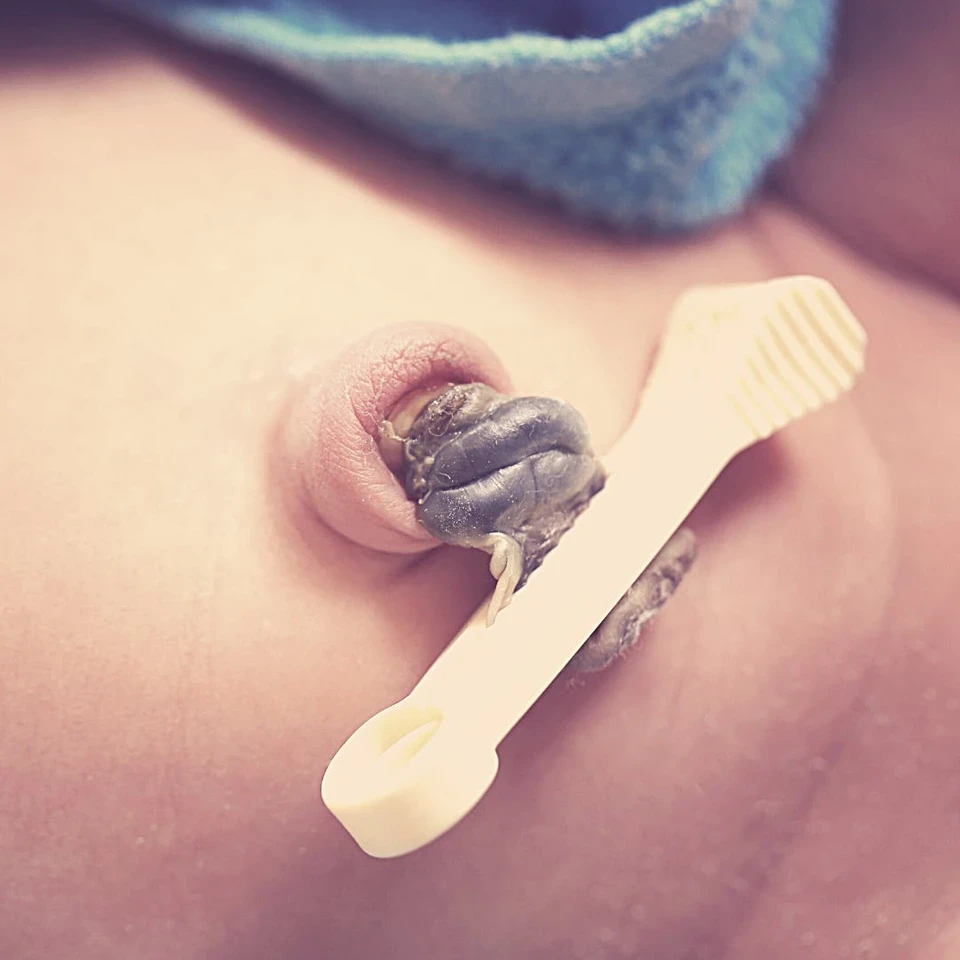Cost For Cord Blood Banking
Cord blood banking is something to consider if you are pregnant. Cost for cord blood banking can be a barrier for many patients who are considering doing it at the time of birth. Cord blood transplants have been successful in correcting metabolism, blood, immune diseases amongst others. Over 35000 transplants of cord blood have been performed in both children and adults (1). There are costs that come with the collection, storage and usage of cord blood.
What Is Cord Blood?
Cord blood is the blood that is left in the umbilical cord and placenta after a baby is born. The blood from the umbilical cord has hematopoietic stem cells that give it properties that can treat and potentially cure certain diseases. Hematopoietic stem cells are different from other cells in that they can grow and multiply into different types of cells in the body. Other cells can only make copies of themselves. These cells can either be found in the blood or bone marrow in both children and adults. (2)
What Is Cord Blood Banking?
Cord blood banking is the collection and storage of cord blood at the time of birth so that it may possibly be used later for the treatment of diseases. You will need to coordinate with your doctor as well as the company you will be using for storage of the cord blood to ensure that this happens correctly at the time of birth.
Transplants of cord blood can be of two types:
- Autologous transplant: This is when the cord blood is collected at birth and is used by the same baby later on. This type of transplant is not common because genetic diseases that the baby has cannot be cured by Hematopoietic stem cells that have the same gene makeup that caused the disease in the first place.
- Allogeneic Transplant: this is when a baby stem cells are used to treat another child’s disease. In this case the donor can be anyone as long as they’re a match, so that the cells are not rejected.
Your Ob-Gyn will collect the cord blood after the baby is born when the umbilical cord is cut and clamped. This process takes around 10 minutes. Note that consent must be given before the birth and not all hospitals may provide this service. If your baby arrives much earlier than expected or your pregnancy is threatened by high risk complications, your doctor will prioritize the health and well being of you and your child over collecting cord blood. It is a good idea to discuss cord blood banking with your Ob early in your pregnancy if it is something you are considering.
Uses For Cord Blood
Cord blood can be used to treat many diseases. According to ACOG The American College of Obstetricians and Gynecologists over 70 diseases can be treated by cord blood. Whether as a primary treatment or as experimental research treatments they have proved to be beneficial for the treatment of certain diseases. These can include:
- Blood cancers (leukemia and lymphoma)
- Immune disorders (sickle cell disease and Wiskott-Aldrich syndrome)
- Genetic diseases
- Neurological disorders (2)
Cost For Cord Blood Banking
Related: Heavy Implantation Bleeding: Pregnancy Or Period?
There are two types of banking to store cord blood:
Public cord blood banks: Blood stored in these types of banks are usually used for Allogeneic transplants since the blood can come from any other person. Blood is stored on a donation basis and therefore there is no cost to collecting, processing or storing the blood. While some cases involve a directed donation where you may donate to a family member in need, most of the time the blood can be used by anyone that matches.
Cost for Public Cord blood banking: $0
Private cord blood banks: Private banks are used for autologous transplants or directed donation. This type of storage requires a yearly fee. Donations for directed use may sometimes be stored free of charge depending on the bank.
When storing blood at a private bank, you need to consider the following costs: charges for collecting and processing blood, as well as storage fees
Cost for Private Cord blood banking: $575-$1495 along with a $150-$185 cost per year for storage. These numbers reflect the costs indicated by the following private banks:
- Alphacord (Atlanta, GA):
- Cord Blood Registry (San Bruno, CA)
- Family Cord (Cedar Knolls, NJ)
There are around 30 private banks in the US. Costs vary based on the bank and state. Most banks have offers for storage if you purchase it for a certain number of years of storage (e.g 20 years) or lifetime. Storage fees for most banks start after the first year of storing it. (3, 4, 5)
Is It Worth Banking Cord Blood?
Considering this blood could save someone’s life and public banking has no cost, saving cord blood could be beneficial. Because private banking does have a significant cost associated with it plus a yearly storage fee, going this route requires more consideration. The diseases that cord blood can potentially treat are still limited and the overall likelihood of your child developing one of these conditions is low. Of course, if you are financially able, having cord blood available for your child to possibly use later in life is always a great idea, but it may not be practical for many families.
If your child does need to be treated for a disease that cord blood can help with, when compared to bone marrow transplant, cord blood is considered more likely to match as well as less likely to be rejected. Cord blood is also easier to collect with no pain or interference with the birth while bone marrow can be painful and risky to the donor. Cord blood can be used long after being collected as it can be stored, while bone marrow cannot. However when compared to bone marrow, it contains less stem cells, often requiring multiple donations per transplant.
It is however possible that not enough cord blood is collected. This is especially true if there are complications during the birth in which case collecting blood becomes second priority to yours and your baby’s health. (2)
Sources:
- https://www.acog.org/clinical/clinical-guidance/committee-opinion/articles/2019/03/umbilical-cord-blood-banking
- https://www.acog.org/womens-health/faqs/cord-blood-banking
- https://bethematch.org/support-the-cause/donate-cord-blood/cord-blood-faqs/
- https://www.alphacord.com/cord-blood-banking-costs/
- https://www.cordblood.com/enroll?solution=CB
We discuss products we think are useful to people. If you buy something through our links, we may earn a commission. Remember to check with your personal physician to see if a product recommended is right for you.








